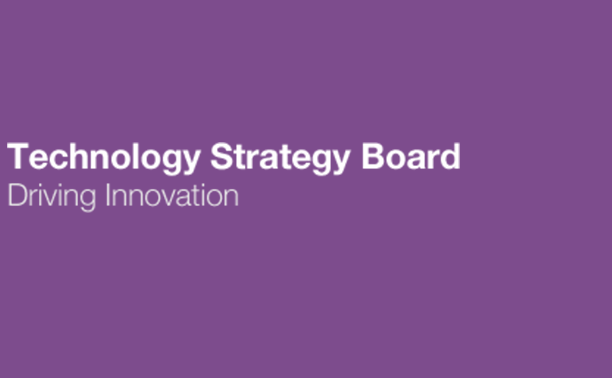
Waste – UK funding competition 2014
by Tim Willmott : Comments Off on Waste – UK funding competition 2014
Waste – A resource to recycle, reuse and recover raw materials – 2015
- Key features: Investment of up to €54m for more sustainable production and consumption patterns, and awareness-raising initiative.
- Programme: Horizon 2020
- Award: Up to €54m
- Opens: 11 Dec 2013
- Registration closes: No deadline
- Closes: 16 Oct 2014
- Support phone number: 0300 321 4357
Specific challenge
The growing waste produced in Europe, particularly in urban areas, where the vast majority of the world population are expected to live by 2050, represents a cost for society and a burden on the environment and, at the same time, a valuable stock of resources that can be exploited.
Boosting eco-innovative solutions to prevent waste generation and promote the use of waste as a resource, in line with the objectives of the EU Resource Efficiency Roadmap and the Waste Framework Directive, can enhance the natural and living environment in urban and peri-urban areas. Developing and demonstrating such solutions in real-life environments will enhance their market uptake and contribute to sustainable urbanisation worldwide.
Cities are more than spatially extended material artefacts; they are complex systems similar to living organisms that use energy, air, water and nutrients and need to dispose waste in a sustainable way. Adopting an urban metabolism perspective opens the way for innovative, systemic approaches, involving the analysis of resource flows within cities. Integrating in this way economic, social and environmental dynamics, it is possible to understand the socio-economically and gender nuanced patterns of resource use and consumption, and pinpoint drivers of waste-avoiding behaviour, manufacturing and business and public governance models.
Proposals should adopt an integrated urban metabolism approach and inter-disciplinary research and innovation and take into account the gender dimension where relevant. Proposals should involve active engagement of local authorities, citizens and other relevant stakeholders, using innovative concepts such as mobilisation and mutual learning.
The Technology Strategy Board is the UK’s innovation agency.








Comments are closed